Incubators
The incubator is a device that uses various means of heat transfer and environmental control, to obtain conditions under which specialized laboratory procedures can be performed. In general, they have a system of electrical resistances that are controlled by devices such as thermostats or microprocessed controls. As for heat transfer systems, incubators basically use conduction and natural or forced convection.In the incubators that work by thermal conduction, the set of electrical resistances directly transfers the heat to the walls of the chamber, where the samples are incubated. Resistances constitute a region of high temperature, while the chamber is a region of lower temperature. The transfer of thermal energy always occurs from the region of higher temperature to the region of lower temperature.
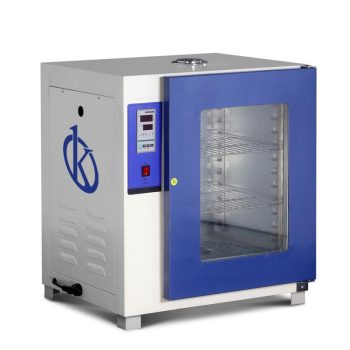
Types of Incubators a Laboratory may need
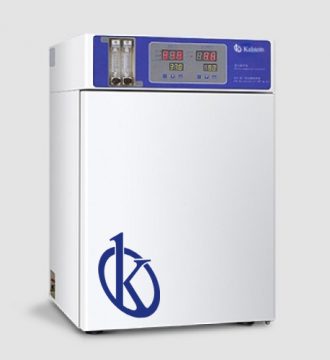
CO2 Incubator
Use for cells, tissues and bacterial culture; is the key equipment to carry out essential immunology, oncology, genetics and bio-engineering. Widely used in microorganisms, agricultural science, drug research and production. Microcomputer intelligence control, constant temperature with timing, over temperature function; gas distribution type, CO2 recovery time ≤concentration×1.2Min. built-in UV sterilization lamp, tempered glass door, adopt door heating control system which can effectively avoid frost in glass door
Constant temperature Incubator
Use analysis of the BOD determination of water, a constant equipment for environmental protection, health and epidemic prevention, drug testing, livestock, aquaculture, scientific research and other production department. It can provide a stable temperature environment, large temperature range with the function of cooling and heating, satisfy culture and preservation of cell, microbe,and plant growth test.According to China pharmacopoeia requirements, AS3350 of Australia, FDA of the united states, ENICH and other related standards; For long-term acceleration experiments and forced degradation experiments.
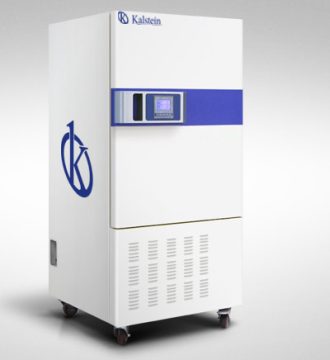
At Kalstein you can find the ideal Incubators for your Laboratory
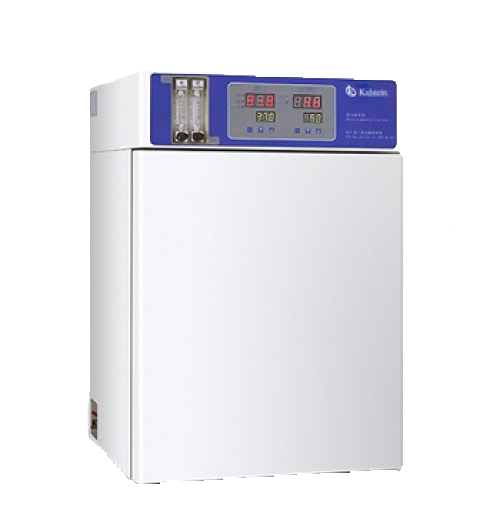
CO₂ incubator YR02048 – YR02049
Used for cell cultures, tissue and bacteria; It is the key equipment to perform immunology, oncology and other ...
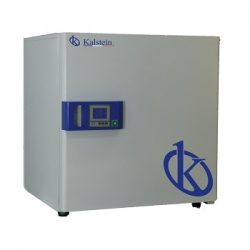
Constant temperature incubator 50 L – 160 L YR02050
These constant temperature incubators have excellent features that ensure the safety and quality of the cultures ...
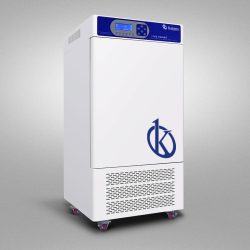
Microbiology incubator YR02053 // YR02055
With constant temperature and humidity control function. It is a team based on environmental protection, medicine, drug ...
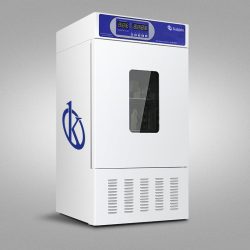
Bacteria incubator YR02036 // YR02039
High quality imported compressor cooling system. Work smoothly and with low noise during work ...
Our Top Selling Incubators
With constant temperature and humidity control function. It is a team based on environmental protection, medicine, drug testing, health and epidemic prevention, livestock, aquaculture and other scientific research and university departments. Also, wide application in biological engineering and water analysis and other fields.
No fluorine balanced refrigeration, automatic defrost, delay protection, the inner chamber is made of mirror stainless steel, built-in lighting device; double door design, magnetic door seal; built-in high-capacity humidifier with automatic water intake; Microcomputer control with timing, overtemperature alarm function
| Model | YR02053 | YR02054 | YR02055 |
| Temprange (℃) | 0~60 | 0~60 | 0~60 |
| Accuracy (℃) | ±0.1 | ±0.1 | ±0.1 |
| Fluctuation (%) | ±0.5 | ±0.5 | ±0.5 |
| Voltage (V) | 220 | 220 | 220 |
| Power (KW) | 0.4 | 0.6 | 0.8 |
| Inner size(mm)(H*W*D) | 580×450×380/100L | 800×500×380/150L | 1000×550×450/250L |
| Overall dimension(mm)(H*W*D) | 1100×590×620 | 1350×640×660 | 1550×690×660 |
| Packing size(mm)(H*W*D) | 1220×670×700 | 1470×720×740 | 1670×770×740 |
| Net weight(KG) | 93 | 105 | 133 |
| Shiping weight(KG) | 110 | 125 | 155 |
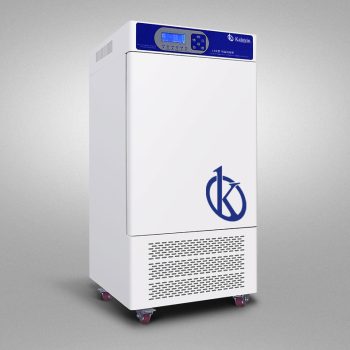
Analysis of the best Incubators for your Laboratory

What are the main advances and recent developments in the area of infant incubators??
Childhood incubators have come a long way since their early days, in the middle of the...
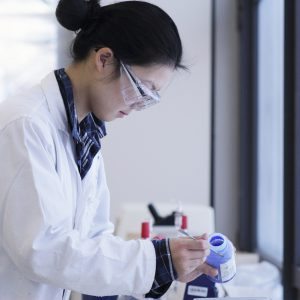
What are incubators used for??
The laboratory incubator is specialized equipment capable of maintaining a space with stable controlled conditions, conditions such as temperature, humidity, oxygen...
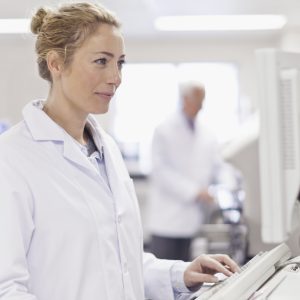
Incubators, their application in cell and microbiological cultures
There are incubators that have the ability to control extremely low temperatures (microbiological incubators), humidity, and...
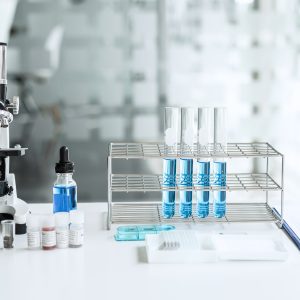
The Incubators: An Ideal Atmosphere
The incubator is a device that uses various means of heat transfer and environmental control, to obtain conditions under which specialized laboratory ..
Catalog of Incubators models on offer
-
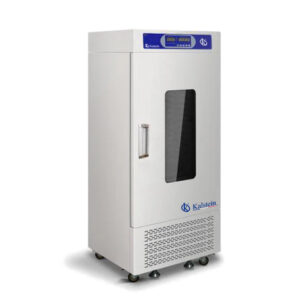
Shaking Incubator YR06256
-
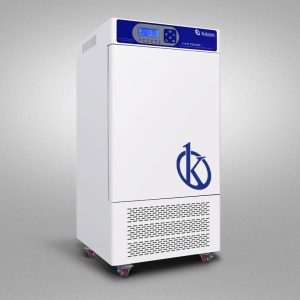
Microbiology incubator YR02053 // YR02055
Select options This product has multiple variants. The options may be chosen on the product page -
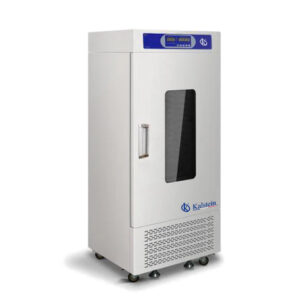
Shaking Incubator YR06250
-
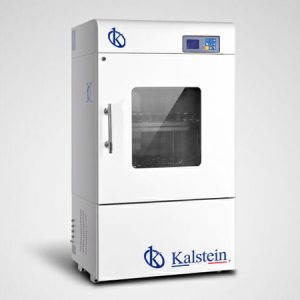
Shaking Incubator YR05759 – YR05759-1
Select options This product has multiple variants. The options may be chosen on the product page -
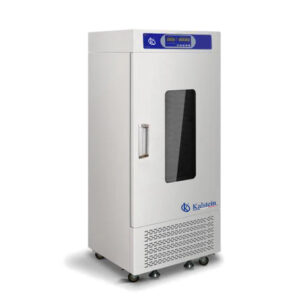
Shaking Incubator YR06251
-
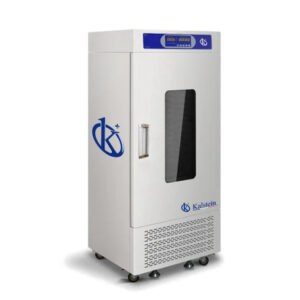
Shaking Incubator YR06254
-
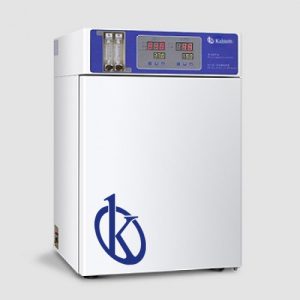
CO₂ incubator YR02048 – YR02049
Select options This product has multiple variants. The options may be chosen on the product page -
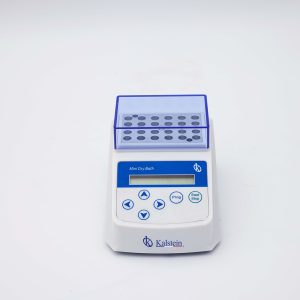
Mini Dry Bath Incubator YR05891 // YR05893
Select options This product has multiple variants. The options may be chosen on the product page
Guides to become a Incubator expert
How can you keep the air in a Laboratory Incubator?
In many laboratories, the incubator is used to maintain air and temperature at levels appropriate for the care of biological or chemical...
Neo-Natal Incubator And Different Types Of Phototherapy
This type of device is intended to offer the full-term or premature newborn a warm and safe environment, where its vital signs can be...
The Incubators: an ideal atmosphere
The incubator is a device that uses various means of heat transfer and environmental control, to obtain conditions under which specialized laboratory procedures can be performed. In general,..
Main applications of a CO2 Incubator?
A CO2 incubator is a laboratory equipment also called a gasification incubator, where the development of cell and tissue cultures is guaranteed by creating a natural atmosphere. This culture of living organisms in vitro is..
Laboratory Icubators in operation
Childhood incubators have come a long way since their early days, in the middle of the last century, when they were true primitive devices; the advancement and development of emergency devices and vital monitoring in the area of neonatal care have meant huge steps forward in the infant incubator industry.
These advances and developments contemplate a huge array of improvements to babies’ health and even survival; many of the modern models of incubators have created a more comfortable atmosphere for babies.

Frequently asked questions from our customers about Incubators
How do you know the prices of Centrifuges?
To know the price of Centrifuges we invite you to send us an email with your request through the contact form.
What are the delivery times of Centrifuges?
The delivery time of your Kalstein product it will depend on the following:
- If the equipment of your interest is in stock or if otherwise it must be manufactured.
- The type of freight you have chosen may be; air or sea.
- Equipment in stock:
- Delivery Time ( Aerial ): 15 -30 days .
- Delivery Time ( Maritime ): 45-60 days .
- Equipment not in stock:
- Delivery Time ( Aerial ): 30 -60 days .
- Delivery Time ( Maritime ): 60-90 days .
How to make a purchase of Centrifuges?
It may perform your purchase through :
- By email: s[email protected]
- By telephone: +33 (0) 1 78 95 87 02
- Trade electronic : Through from Kalstein's official website in your country .
How does the warranty work?
At Kalstein we make it easy for our customers to provide induction and technical support through new online methods. You can visit our induction, technical assistance and guidance videos provided by a Kalstein team through our induction channel Youtube (Kalstein English) HERE
Can I request an online quote?
Of course, you can request a quote for the Kalstein team of your interest, directly from our website official. U Once you've identified your preferred model, do click k HERE
